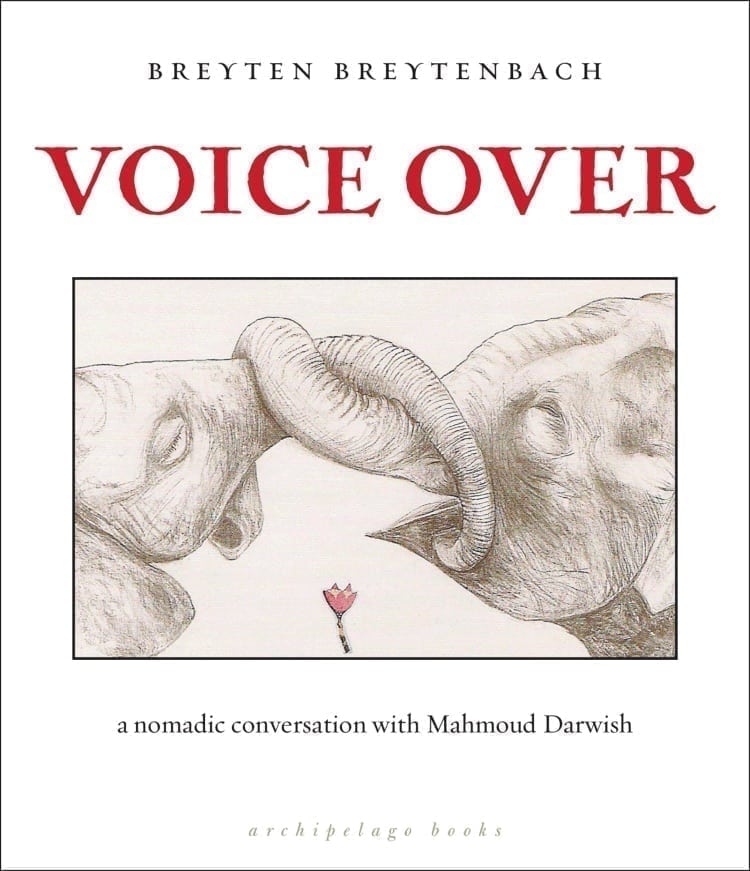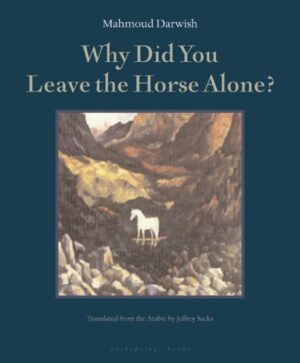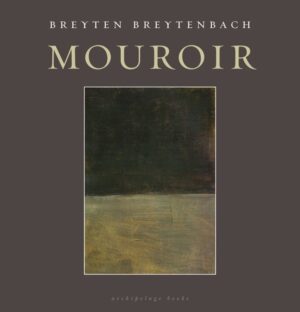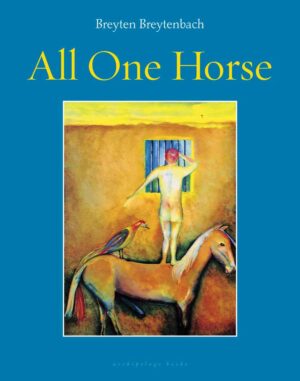Book Description
Winner of the inaugural Mahmoud Darwish Award
Winner of the Max Jacob Prize
Mahmoud Darwish, the Palestinian poet (1941 – 9 August 2008), was a friend. I was on Gorée Island when I learned of his death during the course of an open-heart intervention in Houston, America. We had been together a few weeks earlier in Arles, the south of France. Even at noon the foyer of the hotel where we stayed was as if drained of light by dusk. He knew how serious his condition was – it was either the very risky operation or the possibility of dying at any moment from an exploding aorta – and with an ironic smile he speculated about his chances of survival. That night, as the sun was setting in a yellow flood over the ancient open air Roman theater and as birds began singing the accumulated sweetness of a summer’s day, he publicly read one last time from his work. The poems were shot through by an ongoing conversation with death. Immediately after his passing, I started writing the above series as fragments of a continuing dialogue. In West Africa it was then the onset of the rainy season moving north, the ‘petit hivernage,’ when black-blue clouds would skitter and close the skies. . . .The journey continues and the conversation will carry on, in the attempt to look for Mahmoud Darwish among the words.
Breyten Breytenbach
New York, December 2008
The journey continues and the conversation will carry on, in the attempt to look for Mahmoud Darwish among the words.
— Breyten Breytenbach
Voice Over is a short but affecting sequence, with a slightly experimental feel to it, its author trying to come to grips with the death of his friend and colleague through a variety of approaches. A beautiful little pocket-sized pamphlet-volume, it is well-worthwhile.
— The Complete Review
Breytenbach's passionate desire to know and serve the truth, whatever it may be and whomever it might offend, is deeply admirable.
— The Washington Post
In these sentences we hear the voice of the old activist, in love with life and human potential.
— Susan Salter Reynolds, Los Angeles Times
Definitely a writer worth looking into, this creative powerhouse will give you some real literature to sink your teeth into.
— Carpe Libris Reviews
Whereas Mouroir makes the most of ambiguity and shapelessness, Voice Over shows Breytenbach to be equally talented when working in a more directed and formal space.
— Review of Contemporary Fiction
While a number of translators have carried Darwish's poems into respectably clear English, none have, like Breytenbach, transported the very essence, the gentleness of the tone, the luscious but spare vocabulary, grounded in everyday objects: bread, coffee cups, olive trees, bird coops.
— Words Without Borders






